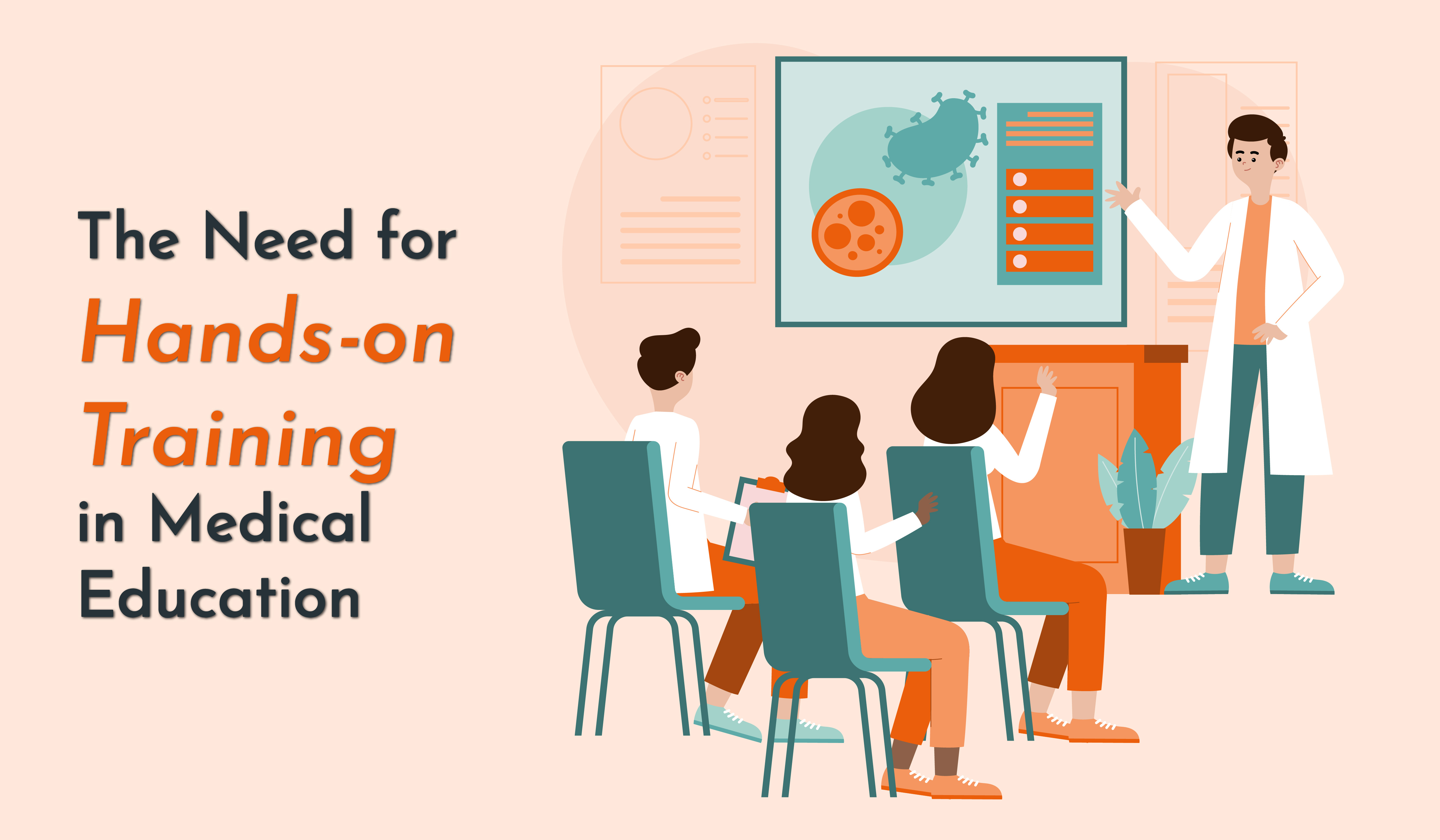
The Importance of Hands-on Training
ands-on training in medical education has become more crucial than ever in the swiftly changing healthcare scene of today. Although theoretical knowledge underpins medical education, it is the practical application that really equips students to be qualified healthcare providers. Medical schools all around the world, particularly those concentrating on medical education in India , are giving experiential learning more and more priority to close the distance between classroom teaching and actual clinical practice.
Furthermore, hands-on training helps to remember theoretical ideas. Students can connect what they have studied in textbooks to real clinical situations by interacting directly with patients or taking part in medical simulations. This combination promotes learning and encourages a better awareness of complicated medical treatments.
Medical Simulation's Function
Advances in technology have made medical simulation training a key component of hands-on education. Students can practice surgical methods, emergency procedures, and patient interactions in simulated labs under safe, regulated conditions. Errors committed during simulations turn into great learning chances that enable students to improve their approach without compromising patient safety.
Leader in medical education in India, Global Healthcare Academy offers innovative simulation-based training programs mimicking real-life medical scenarios. Aiming to develop clinical competence and ethical decision-making among future healthcare workers, these initiatives.
Improving Professional Development and Employability
Including hands-on clinical experience in the course of study greatly increases job prospects. Healthcare companies are looking more and more for applicants who can show not just academic brilliance but also pragmatic knowledge. Graduates who have completed extensive hands-on training are usually more confident, competent, and job-ready from day one.
Moreover, experiential training fosters empathy, communication abilities, and teamwork—all of which are vital in patient care. Working in multidisciplinary teams helps students to cooperate well with other healthcare professionals, hence promoting a whole approach to treatment and care delivery.
Final Thoughts
Well-trained, confident, and caring practitioners will shape the future of medicine. In medical education, hands-on training is not merely an add-on; it is a need. Every student, in our opinion at Global Healthcare Academy, should have access to excellent clinical training that enables them to impact patients' lives significantly. Combining theory with immersive, real-world experience will help us to guarantee that the future generation of healthcare professionals is completely prepared to handle worldwide healthcare issues.